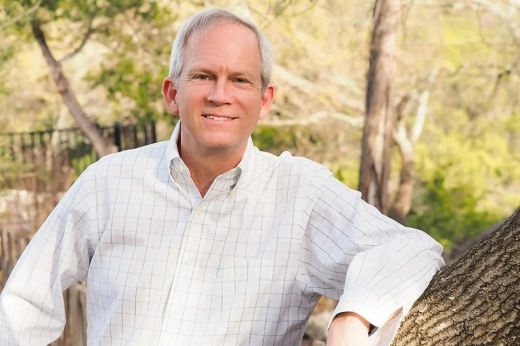Community Impact previously reported there are several different kinds of senior living communities including:
- Independent-living communities, which cater to older adults with limited care needs. Most include amenities, such as fitness programs, housekeeping and communal meals.
- Assisted-living communities, which provide care and supervision. These facilities frequently offer a full range of amenities as well as limited medical assistance.
- Memory care facilities, which specialize in providing care to seniors with Alzheimer’s, dementia and other cognitive issues. Staff members are trained to help residents manage these diseases.
In an interview with Community Impact, Gill shares how to navigate emotional challenges and difficult conversations regarding senior care expectations.
How do you support seniors and their families as a placement agent?
The goal is to find the best circumstance for the resident possible. ... My business is not so much about real estate location, it's also knowing things about prices, about the care needs of the individual, and what the care competencies are of the different assisted livings. ... You're trying to optimize somebody's abilities with the care that's available.
What kind of cost commitment can people expect when it comes to senior living communities?
Of the three things we look for—care, money and geography—usually it goes money first, geography second and care needs third. You can't negotiate care needs, obviously, but those are often more important. Generally speaking, the cheapest independent living is somewhere around $2,200 a month, and that includes meals and utilities. The most expensive independent living is around $10,000 a month for a two-bedroom apartment with a downtown view. And then there's everything in between.
What are some common signs it might be time to consider a senior living facility?
Reasons why I think that you have to move [include being a] danger to yourself, self neglect, being healthier elsewhere or caregiver issues. People then choose to move a loved one for various reasons. [The] first one might be incontinence ... a second one might be falling issues. ... So there's reasons why you have to move, which is generally safety related, and then there's reasons why you can give yourself permission.
How do you help families overcome emotional resistance when seniors might be apprehensive of change?
That type of anxiety is real, and we all have it. ... It's very difficult for a loved one to drop off their elderly senior at a new place and then leave them there because there's a lot of separation anxiety that's not dissimilar from dropping your child off at day care for the first time. They will be fine, but it's awkward.
What’s something you frequently tell families you work with that they might not already know about this process?
There's guilt involved, which is not rational, but people feel it. You're trying to do the kindest thing for your loved one, but in the moment, it doesn't feel kind because you're leaving them behind. It feels like rejection, which you're certainly not doing. ... One of my biggest functions, I think, is expectation management and acknowledging these things.
What impact can senior living communities or facilities have on a resident’s social connection and emotional wellbeing?
It’s huge because a lot of people have been sitting there, staring at the walls, wondering what to do and being lonely. They often will blossom and come back to life because they're getting better food, they're getting interaction three times a day. ... The social interaction can practically save somebody's life.
What advice would you give someone who’s unsure whether they or a loved one are ready for this change?
You need to talk about end of life goals well in advance of end of life needs. ... My advice would be [to] talk to people well before the need arises [and] get their view of the world. ... If you talk about it beforehand ... that helps start a baseline conversation when the conversation is not so fraught with the emotions and the feelings of vulnerability.
What are some misconceptions people have about life in these communities?
These places are full of life. You're not being put in a home so much as you are being taken to the next logical stage of life. Is it perfect? No. No place is perfect. It's not a perfect time of life; it's not a perfect situation, right? But it's the best we've been able to figure out how to do in our society.





